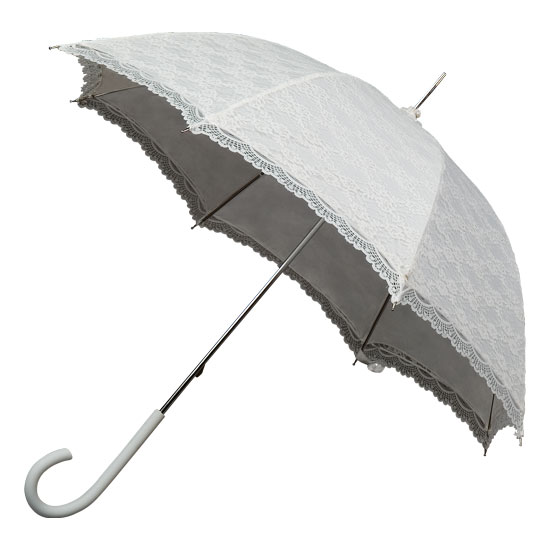The basic umbrella was invented over four thousand years ago. We have seen evidence of umbrellas in the ancient art and artifacts of Egypt, Assyria, Greece, and China.
These ancient umbrellas or parasols, were first designed to provide shade from the sun. The Chinese were the first to waterproof their umbrellas for use as rain protection. They waxed and lacquered their paper parasols in order to use them for rain.
Origins of the Term Umbrella
 The word “umbrella” comes from the Latin root word “umbra”, meaning shade or shadow. Starting in the 16th century the umbrella became popular to the western world, especially in the rainy weather of northern Europe. At first it was considered only an accessory suitable for women. Then the Persian traveler and writer, Jonas Hanway (1712-86), carried and used an umbrella publicly in England for thirty years, he popularized umbrella use among men. English gentleman often referred to their umbrellas as a “Hanway.”
The word “umbrella” comes from the Latin root word “umbra”, meaning shade or shadow. Starting in the 16th century the umbrella became popular to the western world, especially in the rainy weather of northern Europe. At first it was considered only an accessory suitable for women. Then the Persian traveler and writer, Jonas Hanway (1712-86), carried and used an umbrella publicly in England for thirty years, he popularized umbrella use among men. English gentleman often referred to their umbrellas as a “Hanway.”James Smith and Sons
The first all umbrella shop was called “James Smith and Sons“. The shop opened in 1830, and is still located at 53 New Oxford Street in London, England.
The early European umbrellas were made of wood or whalebone and covered with alpaca or oiled canvas. The artisans made the curved handles for the umbrellas out of hard woods like ebony, and were well paid for their efforts.
English Steels Company
In 1852, Samuel Fox invented the steel ribbed umbrella design. Fox also founded the “English Steels Company”, and claimed to have invented the steel ribbed umbrella as a way of using up stocks of farthingale stays, steel stays used in women’s corsets. After that, compact collapsible umbrellas were the next major technical innovation in umbrella manufacture, over a century later.
No comments:
Post a Comment